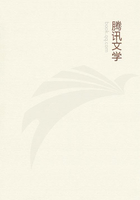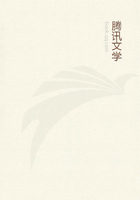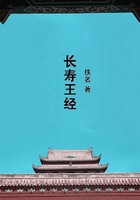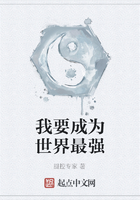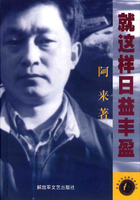The Concept of Freedom is the Key that explains the Autonomy of the Will The will is a kind of causality belonging to living beings in so far as they are rational, and freedom would be this property of such causality that it can be efficient, independently of foreign causes determining it; just as physical necessity is the property that the causality of all irrational beings has of being determined to activity by the influence of foreign causes.
The preceding definition of freedom is negative and therefore unfruitful for the discovery of its essence, but it leads to a positive conception which is so much the more full and fruitful.
Since the conception of causality involves that of laws, according to which, by something that we call cause, something else, namely the effect, must be produced; hence, although freedom is not a property of the will depending on physical laws, yet it is not for that reason lawless; on the contrary it must be a causality acting according to immutable laws, but of a peculiar kind; otherwise a free will would be an absurdity. Physical necessity is a heteronomy of the efficient causes, for every effect is possible only according to this law, that something else determines the efficient cause to exert its causality. What else then can freedom of the will be but autonomy, that is, the property of the will to be a law to itself? But the proposition: "The will is in every action a law to itself," only expresses the principle: "To act on no other maxim than that which can also have as an object itself as a universal law." Now this is precisely the formula of the categorical imperative and is the principle of morality, so that a free will and a will subject to moral laws are one and the same.
On the hypothesis, then, of freedom of the will, morality together with its principle follows from it by mere analysis of the conception.
However, the latter is a synthetic proposition; viz., an absolutely good will is that whose maxim can always include itself regarded as a universal law; for this property of its maxim can never be discovered by analysing the conception of an absolutely good will. Now such synthetic propositions are only possible in this way: that the two cognitions are connected together by their union with a third in which they are both to be found. The positive concept of freedom furnishes this third cognition, which cannot, as with physical causes, be the nature of the sensible world (in the concept of which we find conjoined the concept of something in relation as cause to something else as effect). We cannot now at once show what this third is to which freedom points us and of which we have an idea a priori, nor can we make intelligible how the concept of freedom is shown to be legitimate from principles of pure practical reason and with it the possibility of a categorical imperative; but some further preparation is required.
Freedom must be presupposed as a Property of the Will of all Rational Beings It is not enough to predicate freedom of our own will, from Whatever reason, if we have not sufficient grounds for predicating the same of all rational beings. For as morality serves as a law for us only because we are rational beings, it must also hold for all rational beings; and as it must be deduced simply from the property of freedom, it must be shown that freedom also is a property of all rational beings. It is not enough, then, to prove it from certain supposed experiences of human nature (which indeed is quite impossible, and it can only be shown a priori), but we must show that it belongs to the activity of all rational beings endowed with a will. Now I say every being that cannot act except under the idea of freedom is just for that reason in a practical point of view really free, that is to say, all laws which are inseparably connected with freedom have the same force for him as if his will had been shown to be free in itself by a proof theoretically conclusive.* Now I affirm that we must attribute to every rational being which has a will that it has also the idea of freedom and acts entirely under this idea. For in such a being we conceive a reason that is practical, that is, has causality in reference to its objects. Now we cannot possibly conceive a reason consciously receiving a bias from any other quarter with respect to its judgements, for then the subject would ascribe the determination of its judgement not to its own reason, but to an impulse. It must regard itself as the author of its principles independent of foreign influences. Consequently as practical reason or as the will of a rational being it must regard itself as free, that is to say, the will of such a being cannot be a will of its own except under the idea of freedom. This idea must therefore in a practical point of view be ascribed to every rational being.
*I adopt this method of assuming freedom merely as an idea which rational beings suppose in their actions, in order to avoid the necessity of proving it in its theoretical aspect also. The former is sufficient for my purpose; for even though the speculative proof should not be made out, yet a being that cannot act except with the idea of freedom is bound by the same laws that would oblige a being who was actually free. Thus we can escape here from the onus which presses on the theory.
Of the Interest attaching to the Ideas of Morality We have finally reduced the definite conception of morality to the idea of freedom. This latter, however, we could not prove to be actually a property of ourselves or of human nature; only we saw that it must be presupposed if we would conceive a being as rational and conscious of its causality in respect of its actions, i.e., as endowed with a will; and so we find that on just the same grounds we must ascribe to every being endowed with reason and will this attribute of determining itself to action under the idea of its freedom.

